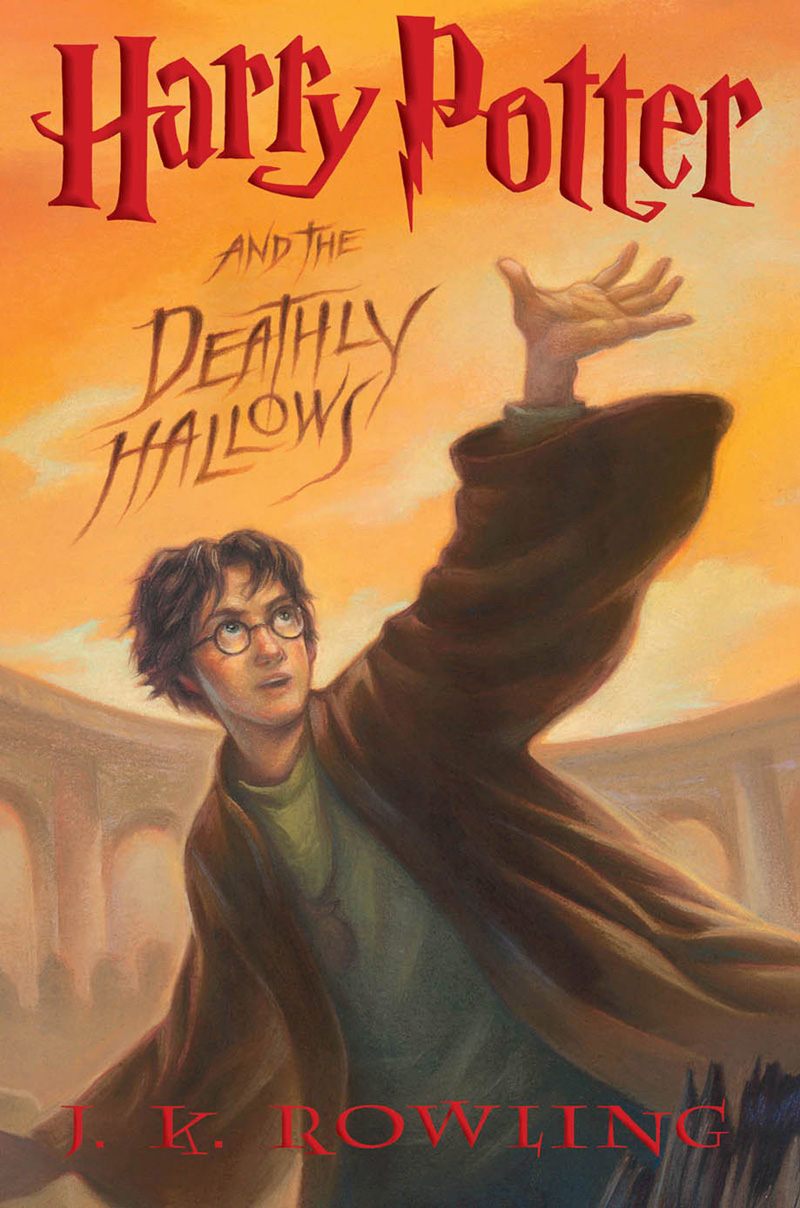I love the scene with Gwendolen and Cecily and the tea, sugar, bread and butter, and cake. In David’s response, he mentioned that Gwendolen uses the bread and butter to try to establish herself as more refined than Cecily. I see this too. I also see the phrase, “sugar is not in fashion anymore” as having a double meaning referring to her immediate relationship with Cecily. Upon meeting Cecily, Gwendolen remarks, “Cecily Cardew? What a sweet name!” Now that their declarations of eternal friendship have been reversed and they find themselves enemies, Gwendolyn’s statement that sugar is not fashionable now means both that she no longer finds Cecily to be “sweet;” and it also describes the state between her and Cecily, as their relationship has soured. I may be extrapolating too much here, but when Gwendolyn asks Cecily for bread and butter and Cecily instead hands her a giant slice of cake, it reminded me of the quote so famously and erroneously attributed to Marie Antoinette. Why I think Wilde may have done this is simply to suggest how extremely nasty the state of affairs are between the two ladies, as though the flaring tempers may soon lead to violence.
I also see the way Algernon eats everything he comes into contact with as a reflection of his extreme selfishness. When he arrives at Jack’s country estate, the first thing he tells the butler is that he’s hungry. Obviously, he’s eager to feast his eyes on Cecily, but it also shows that he is always thinking of himself. This is further emphasized when Jack says it’s “heartless” of Algernon to eat muffins in light of their disappointed romantic circumstances, since Algernon doesn’t seem very distraught over losing Cecily. (Why should he be, since he’s only known her five minutes?) It seems that the only time Algernon is actually being “earnest” is when he is hungry.
An extension Algernon’s selfishness is the way he uses food as an immature way to slight others. He makes Jack watch him eat the cucumber sandwiches but won’t let him have any, which is sort of the same thing he does with Lady Bracknell, luring her to his home upon the promise of cucumber sandwiches, then disappointing her when she gets there. When he tells Jack to eat the bread and butter because Gwendolen is “devoted” to it, he’s ridiculing Jack’s wish to settle down and marry Gwendolen. The remark comes at the same time he’s giving his unfavorable views on marriage and annoying relatives. This is in itself cruel, since Jack doesn’t know what it is like to have relatives.
I really wanted to see this when the Idaho Shakespeare Festival put it on some year recently, but like many good intentions, that scheme never came to fruition. I like the overriding ironic tone of The Importance of Being Earnest, though I find that the clever wordplay begins to grate on my nerves by the end. You expect this sort of shtick when Algernon is talking to Lane: “Algernon: I hope to-morrow will be a fine day, Lane. Lane: It never is, sir. Algernon: Lane, you’re a perfect pessimist. Lane: I do my best to give satisfaction, sir.” This is the classic sarcastic servant/master exchange you see in all of British comedy. But having everyone speak this sarcastically from beginning to end just makes me imagine Wilde writing it with a huge smirk on his face, sincerely believing that he is the Brit who invented irony. Perhaps he is.













No comments:
Post a Comment